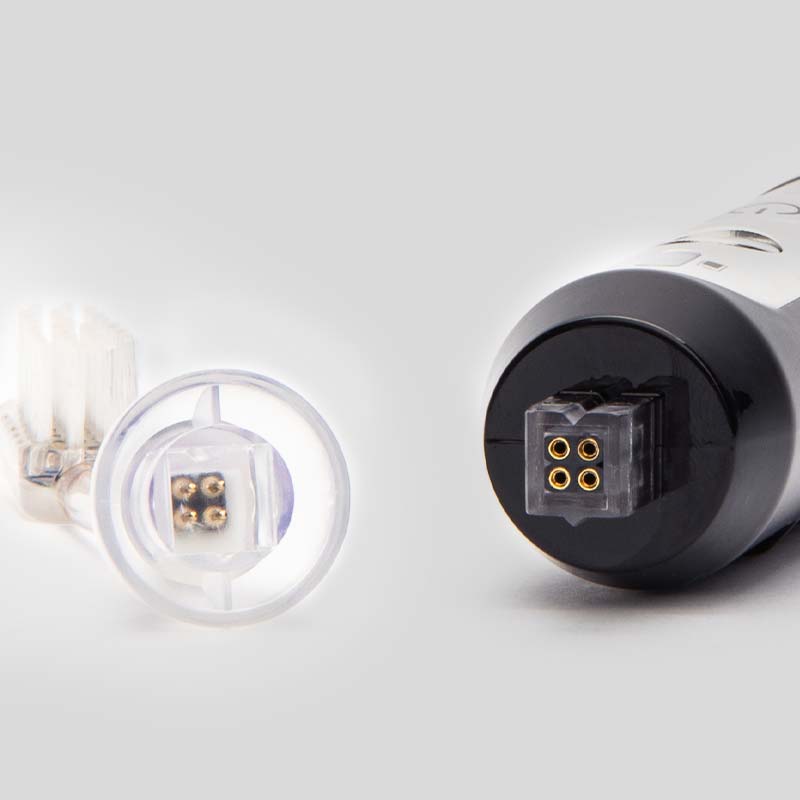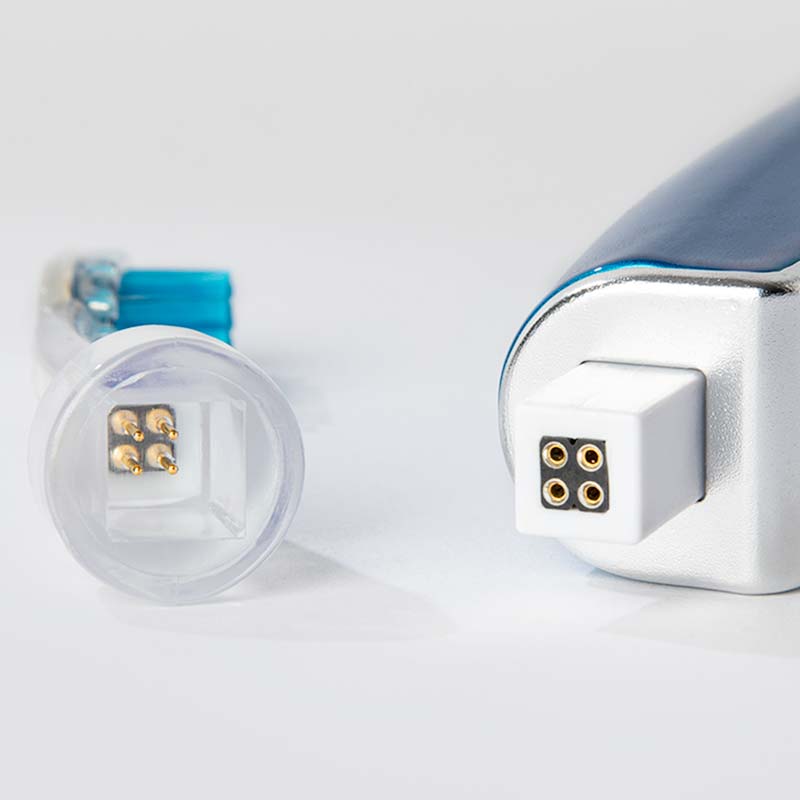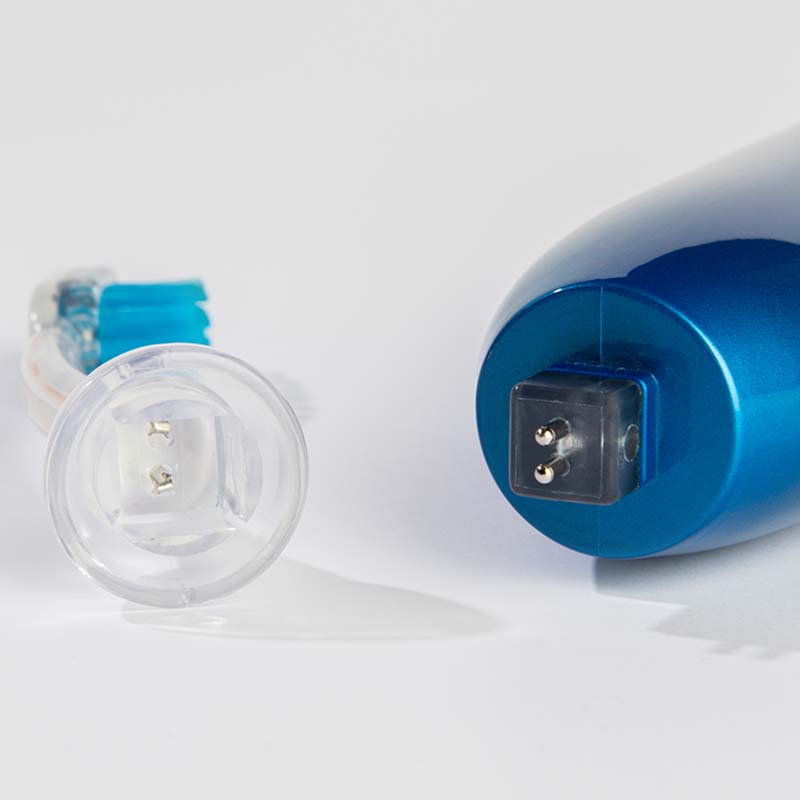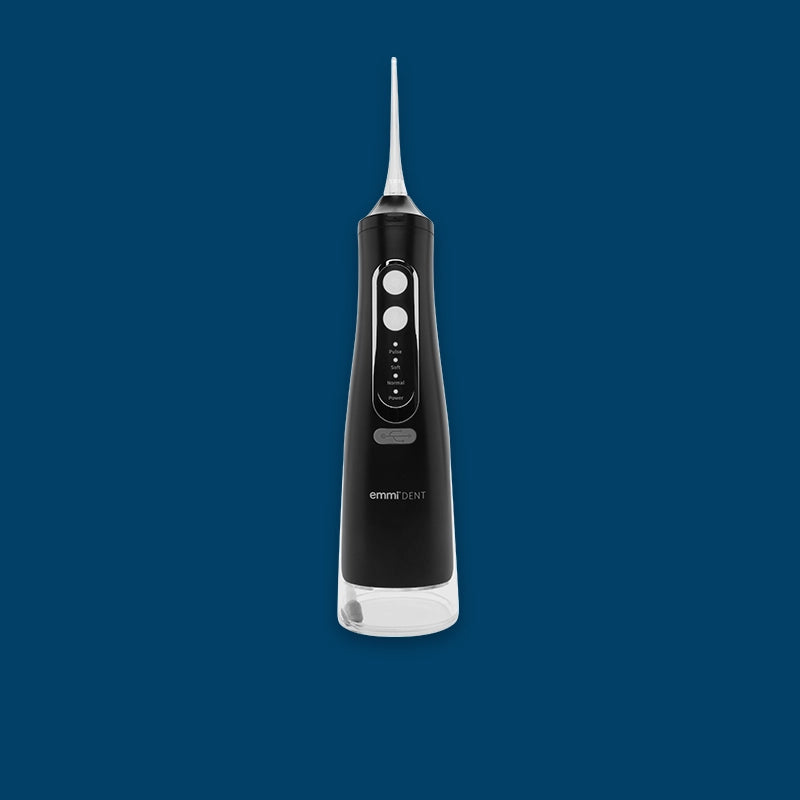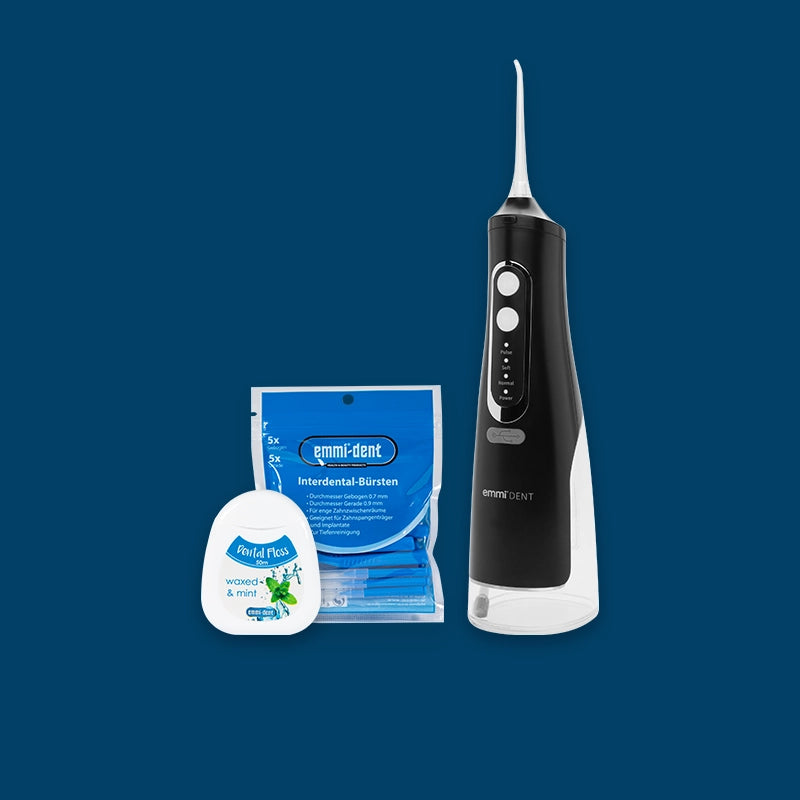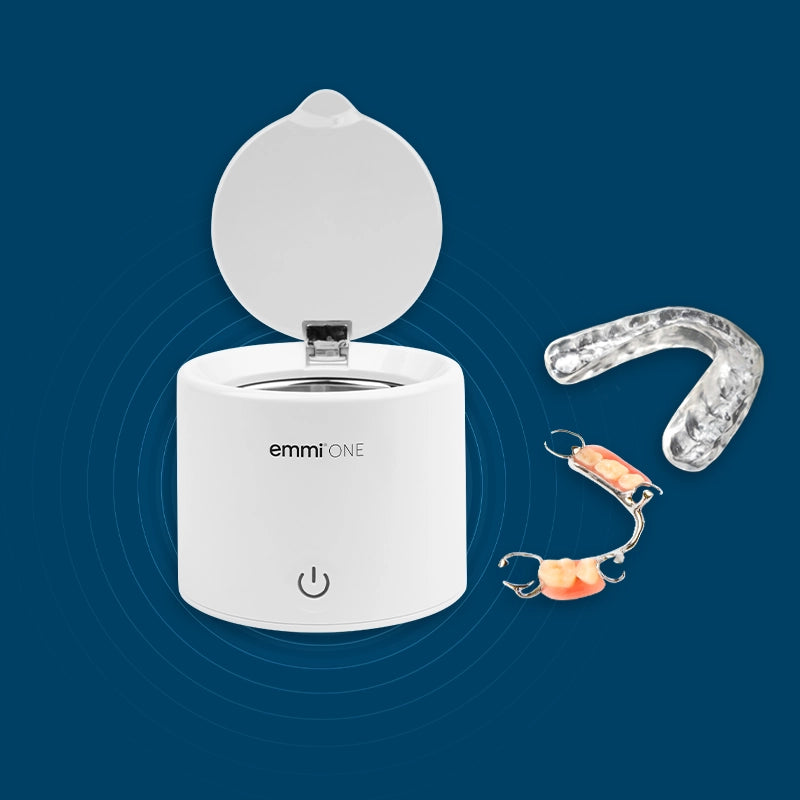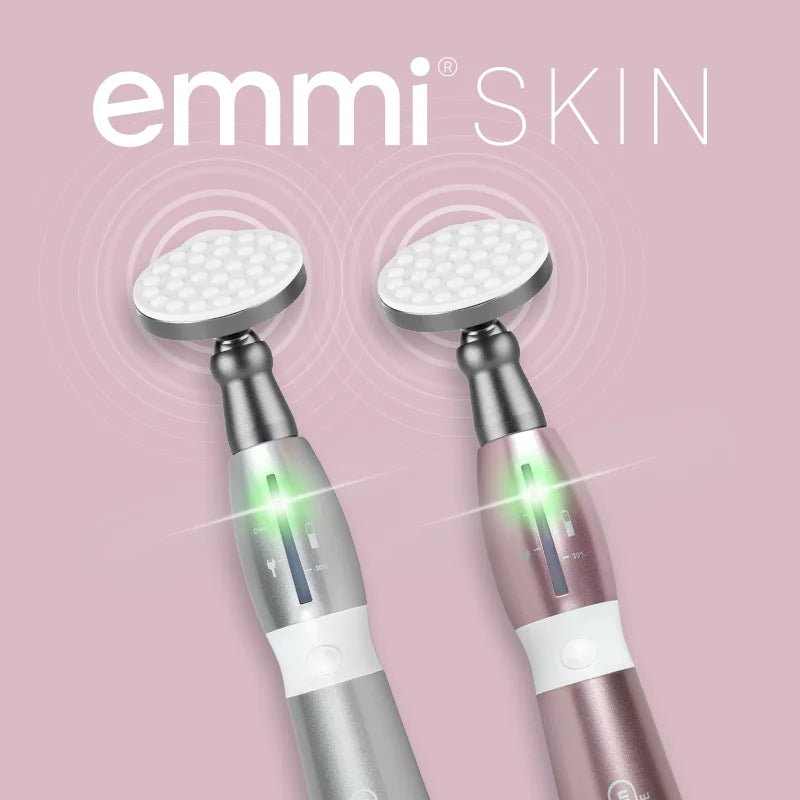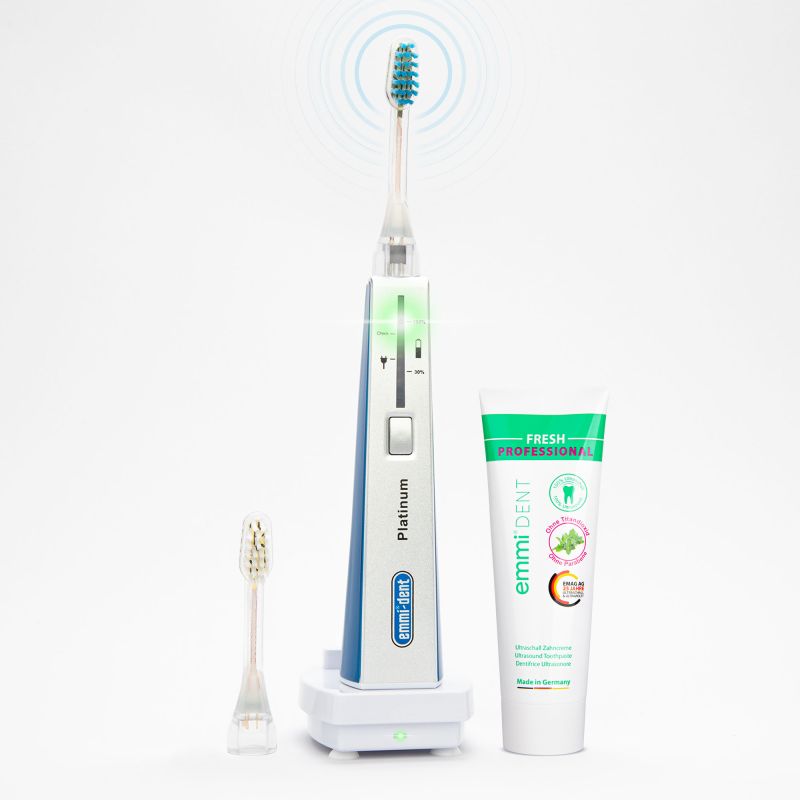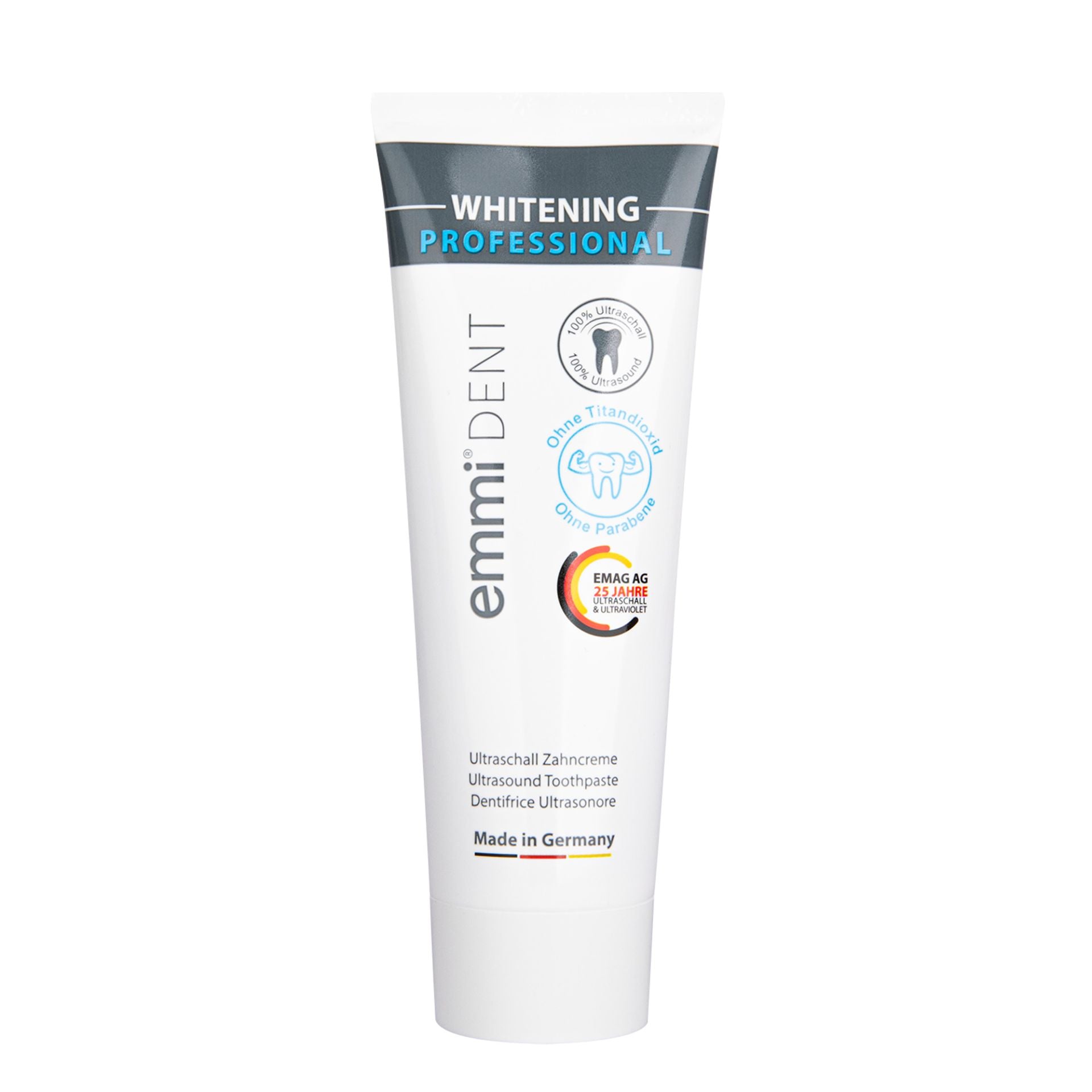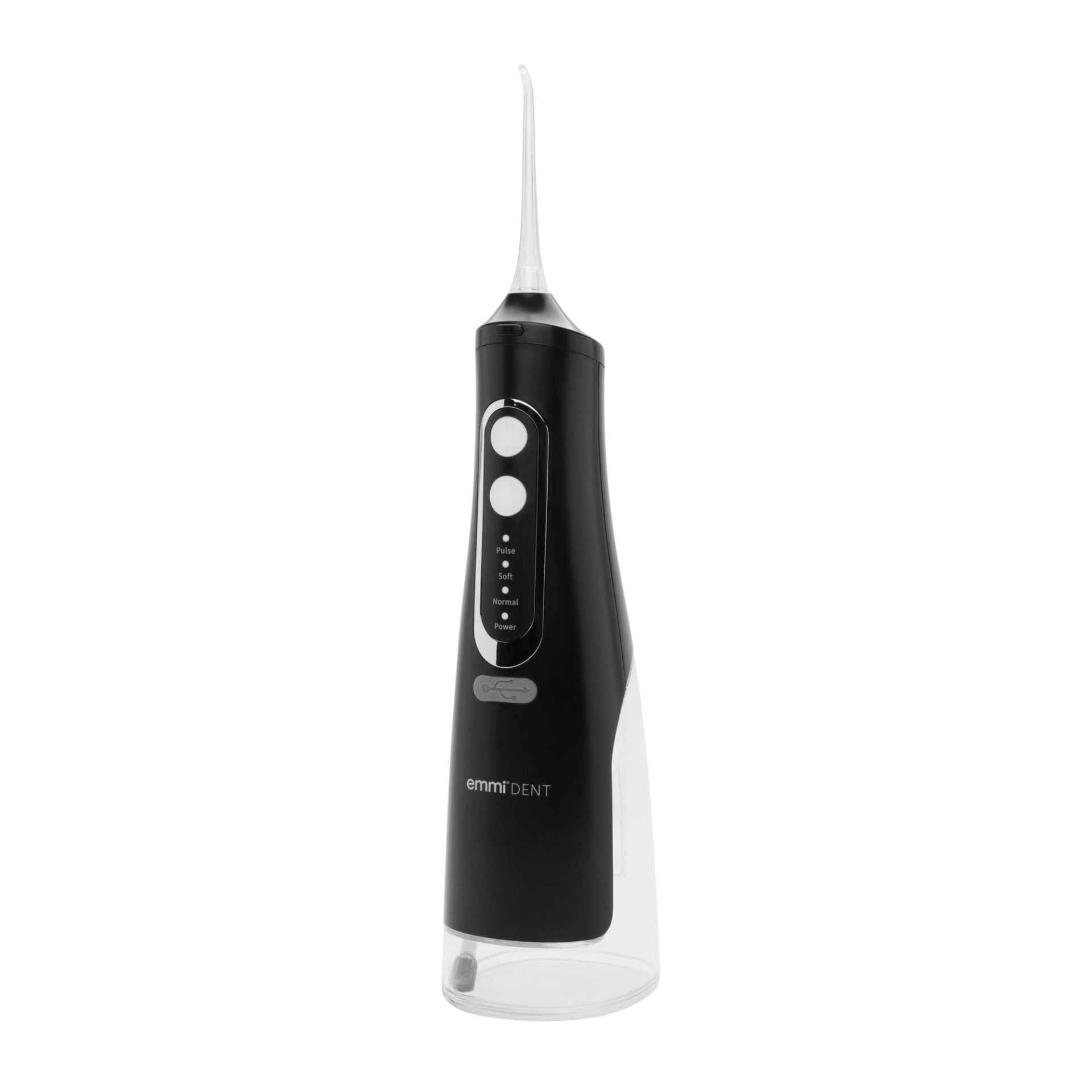Teeth that are sensitive to heat or cold can make life quite difficult. Sensitive teeth are a widespread problem, but there are numerous ways to relieve the discomfort. In this article , you'll learn which home remedies can help with toothaches and what you can do if your tooth necks are exposed—because it's often precisely these exposed tooth necks that cause pain.
The most important facts summarized in advance:
- Sensitive teeth can be caused by exposed tooth necks and are often sensitive to heat or cold.
- There are several quick and easy solutions to relieve pain, including using toothpaste for sensitive teeth, fluoride treatments, and switching to a soft-bristled toothbrush .
- A healthy diet and avoiding acidic foods can help reduce tooth sensitivity.
- There are special mouthwashes for sensitive teeth, as well as sealants and fillings that can be performed by a dentist.
- Regular dental check-ups are essential to maintain oral health and detect and treat dental problems early.
Understanding sensitive teeth
Sensitive teeth are often caused by exposed tooth necks and resulting toothache. With a few tips, you can significantly alleviate the discomfort.
It's recommended to avoid acidic foods and instead focus on a tooth-friendly diet. If your teeth hurt a lot, a visit to the dentist is essential – the tooth necks may be exposed and require treatment. Regular checkups help detect such problems early and prevent persistent toothache.
In any case, it is important to pay attention to your personal pain sensitivity, because healthy teeth contribute significantly to your well-being.
What causes tooth sensitivity?
Tooth sensitivity can be caused by exposed tooth necks or receding gums. Small cracks in the enamel or an inflamed tooth root can also cause painful teeth.
Home remedies can provide temporary relief, but if pain persists, a dentist should be consulted to determine the cause and provide targeted treatment.
To ensure the best possible protection for your teeth, it is important to maintain good oral hygiene and visit the dentist regularly.
How temperature changes cause pain
Heat and cold can cause severe discomfort in people with sensitive teeth. Exposed tooth necks—normally covered by gums—are directly exposed to temperature changes. If the protective enamel is compromised, sweet, acidic, or hot or cold foods and drinks can irritate the tooth nerve and cause pain.
Home remedies can help in the short term, but if symptoms persist, you should see a dentist.
7 simple and quick solutions
Here are seven simple measures that can relieve toothache, especially when the neck of the tooth is exposed:
- Fluoride mouthwash : Strengthens tooth enamel and reduces sensitivity.
- Special toothpaste : Toothpaste for sensitive teeth contains ingredients that reduce pain.
- Mouth guard while sleeping : Prevents nighttime teeth grinding, which can lead to exposed tooth necks.
- Healthy diet : Avoid acidic foods and drinks that attack tooth enamel.
- Soft toothbrush : A soft toothbrush protects the gums and prevents them from receding.
- Dental floss : Regular use keeps gums healthy and prevents them from receding.
- Regular dental visits : Preventive check-ups help to detect and treat dental problems early.
Please note that these measures do not replace professional dental advice. If symptoms persist, you should definitely consult a dentist.
1. Using toothpaste for sensitive teeth
The right toothpaste is crucial for relieving toothaches and preventing further damage to the gums and teeth. Special toothpastes seal exposed tooth necks and block pain signals. Also look for formulations containing essential oils that soothe gums and reduce inflammation. If symptoms persist, always consult a dentist.
This article only provides an initial overview, as each tooth is individual and requires individual care.
2. Fluoride treatments
Fluoride treatments help reduce the loss of minerals in tooth enamel and build a protective layer. Especially in exposed tooth necks, fluoride treatment can reduce sensitivity and prevent cavities. Fluoride rinses or gels are one of the most effective treatments, but they are no substitute for a visit to the dentist if you experience severe pain.
3. Switch to a soft toothbrush
Sensitive teeth can be further irritated by hard toothbrushes. Switching to a softer brush—such as the emmi-dent ultrasonic toothbrush—protects the gums and reduces sensitivity. If the symptoms persist, a visit to the dentist is essential.
4. Avoid acidic foods
Acidic foods directly attack tooth enamel and can cause additional pain in exposed tooth necks. Review your eating habits and replace acidic foods with tooth-friendly alternatives.
5. Mouthwashes for sensitive teeth
Specially formulated mouthwashes can soothe exposed tooth necks and reduce sensitivity. Look for products containing fluoride and essential oils, which strengthen tooth enamel. However, if pain persists, consult a dentist.
6. Sealants and fillings
Sealants and fillings are effective measures to protect sensitive areas. For exposed tooth necks, a filling can be used to seal the affected area and prevent bacteria from entering. Sealants on the chewing surfaces of molars also help protect against cavities.
7. Regular dental check-ups
Regular visits to the dentist are crucial for monitoring the condition of your teeth. Preventive measures like fluoride treatments can detect and treat problems early, before they lead to severe toothache.
Tips for long-term prevention
For long-term dental health, it's essential to practice good oral hygiene. Use a soft toothbrush and brush your teeth gently to protect your gums. Regular dental visits (ideally every six months) help detect and treat problems early.
Using fluoride toothpaste and mouthwashes with fluoride will strengthen your tooth enamel and reduce sensitivity. A balanced diet and stress-reducing measures also contribute to maintaining optimal dental health.

